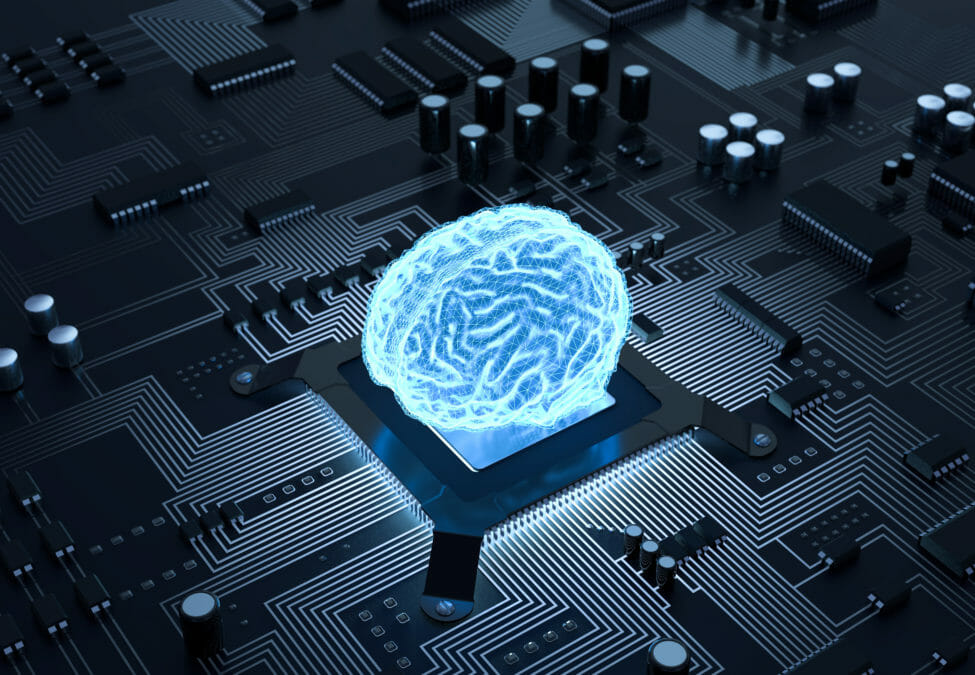AI can impact and transform business IT operations. The technology has never been more useful as IT teams look to enable mass remote working during the Covid-19 pandemic.
Nick McQuire, SVP, Enterprise Research at CCS Insight, explains that “the area of IT Helpdesk support has become a big use case for AI especially in the context of remote IT operations during the pandemic and we have seen the domain become a big focus for the likes of IBM recently with the launch of Watson AIOps, for example.”
Generally, he points out that AI can help business IT operations quickly diagnose problems and handle support tickets through greater automation. In some cases, “IT is also able to proactively fix problems based on predicting when an issue will arise,” McQuire adds.
AI will revolutionise business IT operations
Dr Iain Brown, head of data science at SAS UK & Ireland, says that it is “no understatement to say that AI can revolutionise business IT operations. Even by implementing AI on a very basic level, businesses can increase their efficiency exponentially.”
Like McQuire, he suggests that leveraging AI will not only increase the speed and accuracy of existing IT operations, but create new operations to enable a more effective workforce.
“There are still a huge number of tasks which employees are unnecessarily lumbered with. These include repetitive and administrative jobs, such as reporting and help desks, which can be emulated and automated using AI. This will free up employees for other work to create a competitive advantage,” Brown explains.
On the flip side, he also maintains that it’s important the impact AI has on IT operations does not have a negative impact on employment.
Brown says: “People are needed to implement the technology, oversee it and put the insights into action.”
The top use cases for AIOps in enterprise IT operations
IT leaders reveal what they’re really using AIOps for in their organisations. Read here
AIOps
AI’s role in IT operations is growing so rapidly that the term AIOps has emerged.
What is AIOps? Vasilis Tsiadis, senior AI engineer at Capgemini UK explains “AIOps, a term coined by Gartner in 2016, is a scalable way to apply AI in IT operations to support teams in gathering insights automatically, and applying enhanced fixes in a proactive, personalised, and efficient manner. Instead of using the good old legacy rule-based approached, AI techniques build improved and more robust IT functions by using event correlation and analysis; anomaly detection to identify abnormal events; root cause analysis; monitoring IT infrastructure, network performance, and digital experience by building smart diagnostic tools — among others.”
According to Tsiadis, AIOps platforms — like IBM’s recently launched one — reinforce Infrastructure and Operations (I&O) leaders’ decision making by conceptualising large volumes of structured and unstructured data.
“The use of AIOps platforms supports I&O leaders in having enhanced visibility of processes, maximising productivity of teams, and ultimately forming a better strategy and vision,” he says.
AI is only as good as the quality of data
IT teams are expected to do more with less resource. To cope with this strain, CTOs and CIOs are leaning on AI to drive the transformation expected by the boardroom.
However, Mike Kiersey, principal technologist at Boomi points out that “AI is only as good as the quality of the data at its disposal, and data all too often remains a point of obscurity in some organisations.”
He advises that “to truly reap the promised benefits of data, businesses need strategies for managing it, and for these strategies to succeed they need a data platform to rely on. Such a platform will clear up the landscape for them, making the discovery, integration and management of their data fast, easy, and automated.”
Once they have the right tools and strategies in place, he also believes that IT teams can use AI to generate insights to aid IT operations, enabling clearer, analytics-driven decision-making and gaining visibility across their business.
“This will not only result in better business decisions, but in more efficient compliance practices and greater customer and employee satisfaction,” Kiersey concludes.










